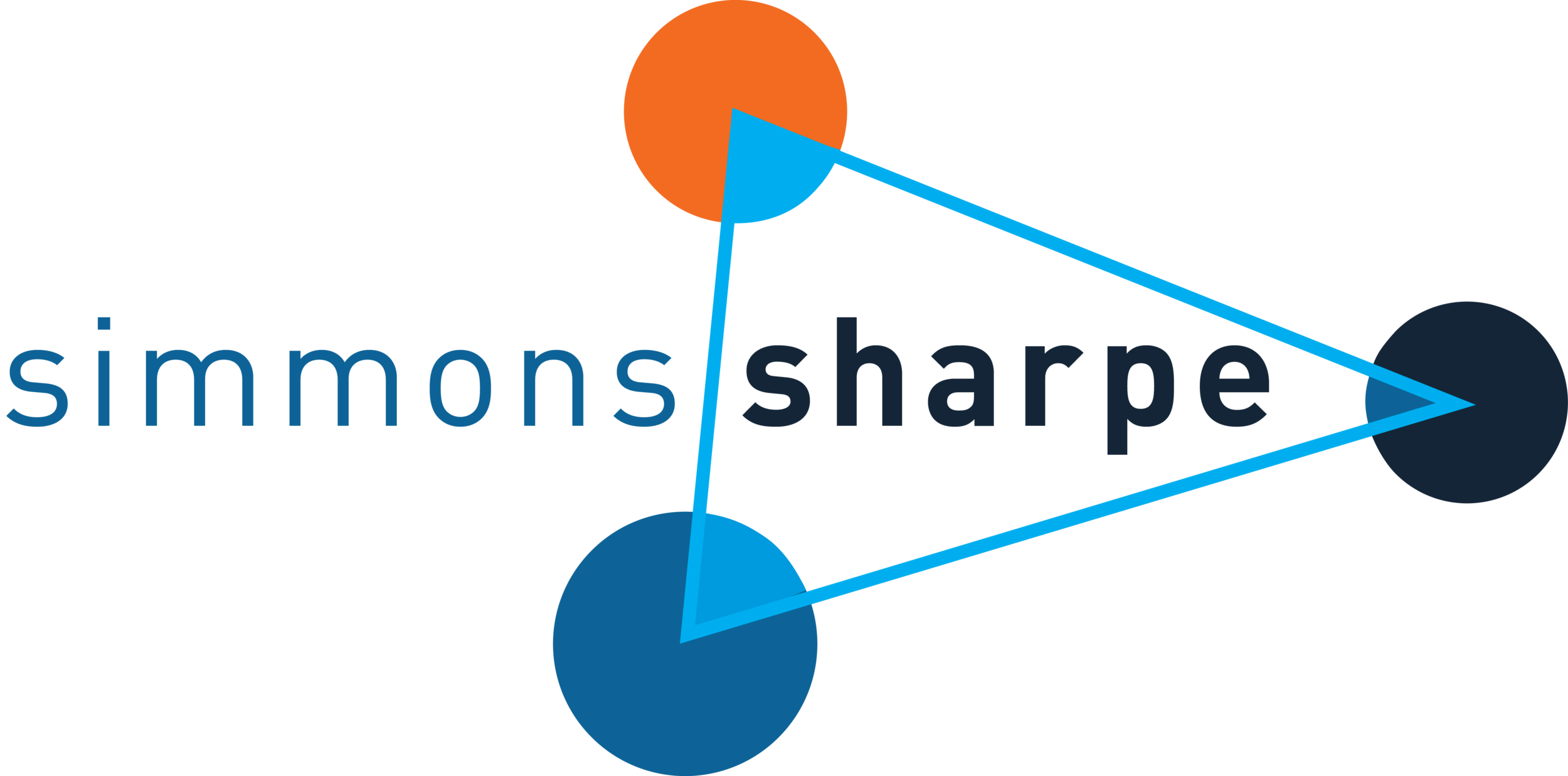Ad Agencies Are Not in the Creativity Business
Wendy Clark, the new CEO of storied global ad agency DDB, would just like to be clear: DDB is not in the creativity business.
I usually don't go to talks titled, "The Agency of Tomorrow, Today," because I think they're b.s. - especially when the CEO of a global ad agency giant is speaking. It's usually some guy in a suit trying to explain why an 18-23% network tax is a reasonable thing for clients. I went to see Wendy Clark, new CEO of traditional global ad network DDB, take a run at this tired topic, and it turned out to be my favourite event at Collision 2018. Keep in mind that the 68 year-old DDB is a big agency (12,000 associates, 200 offices in 100 countries), and built its business pairing art directors with copywriters. Then listen to the soundbite of Collision 2018:
“We believe that creativity is the most powerful force in business, IN SERVICE OF outcomes, which is almost always some form of growth. And if you get that backwards, you’re running an art gallery.”
Amen, sister. Agencies are in the business of growth, not creativity. Because some form of growth is what all clients want - whether that's growth in ticket sales, subscribers, players, average revenue per unit, retention ratios, or new clients. So that means agencies need demand generation abilities and an understanding of call centers and customer care, not just great creative.
Sure, it's nice if your agency wins an award at the CASSIES or CMA, but what really matters to a client is hitting their growth numbers. I've been on the client side for 25 years of my marketing career, and I can attest to that. Bill Sharpe, as head of Dell's agency when I was CMO, once wanted to show me some new creative ad concepts. Dell was growing 50% year-on-year at the time, and the targets were not getting smaller. I said, "Bill, you can run an ad with a picture of Jean Chretien (Canada's then-prime minister) naked if you think that'll drive calls into the sales call centre." Creative reviews were a lot shorter after that. Clients do not give a rip about your awards.
Wendy then spoke about how DDB told McDonald's, one of their largest clients, that they were not building an agency for them, but instead for McDonald's end customers. Focusing on the end customer is common sense if you're trying to drive growth for your clients.
At SSI, we also find it forces us to bring both business strategy and technology skills to the table for our clients, as the needs of tech-savvy consumers and professionals change at cloud speed. For example, end customers in the emerging and coveted 18-34 demographic seek new forms of entertainment, communicate on different platforms, and expect AI and blockchain-enabled experiences. So if you're not familiar with esports, Twitch, Snapchat, Tensor Flow, chatbots, or how the blockchain can be used to enable certain transactions in a dating app or a lottery, your client's going to have to seek that advice from elsewhere - like one of the big consulting firms. That adds a lot of cost and complexity. Agencies today have to have technology and business strategy chops, or clients literally pay the (big) price.
Wendy also spoke humorously about the importance of speed and agility in this era of "I want it all, and I want it RIGHT NOW." Part of maintaining this speed and agility is use of partners with expertise in particular tech verticals such as augmented reality or social listening. We find partnering is particularly crucial today - no single firm is going to be able to execute well on augmented reality, blockchain, AI-enabled chatbots, digital newsrooms, social listening, etc.
While we're not experts on all of these things, we do understand the use cases for these technologies, and are reasonably good curators of the best tech and partners for a particular use case. Know what drives us nuts about this agile-partner model, though? When partners get marked up by say 15-20%, as is common in the agency world. From the client's perspective, why should they pay a tax because their agency doesn't have a particular expertise? Smart clients are moving to RFPs that result in a roster of firms for this reason - they can just get what they need, at no mark-up, from a group of suppliers. We don't mark up our partners or subcontractors for this reason. We simply attach the subcontractor's invoice to the back of ours, and send it to the client with no add-on charges.
The agency of tomorrow, today, doesn't mark up partners or media. In the long run, this increases trust and improves results for the client. It also creates the right incentives all around. Which is to focus on growth for the client, not who's making what profit or who won what prize in Adland. On that note, we'll let Wendy close us out.
Ad agencies are not in the business of creativity. And Wendy Clark is not running an art gallery. Neither are we. Thanks for laying it out there, Wendy.

